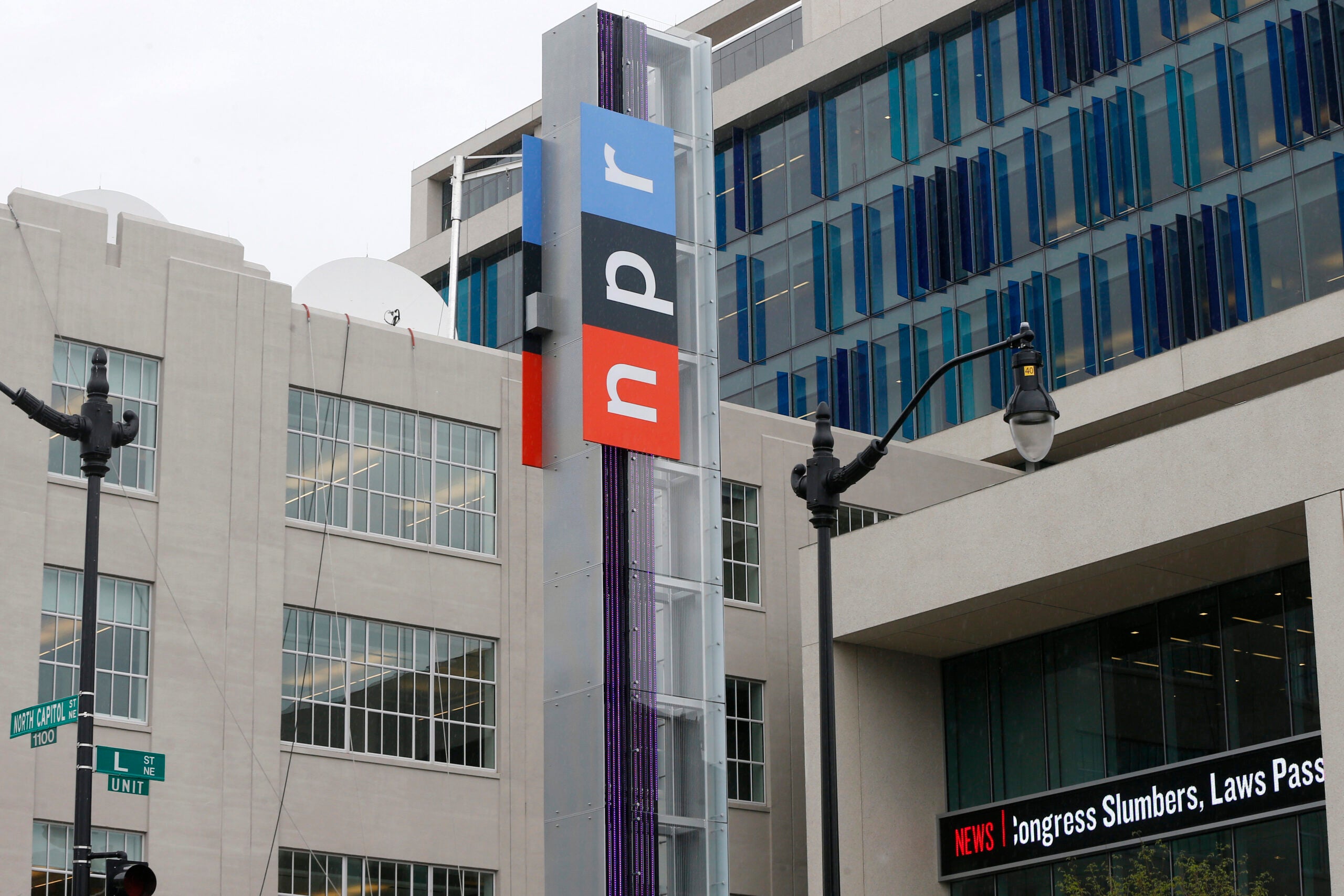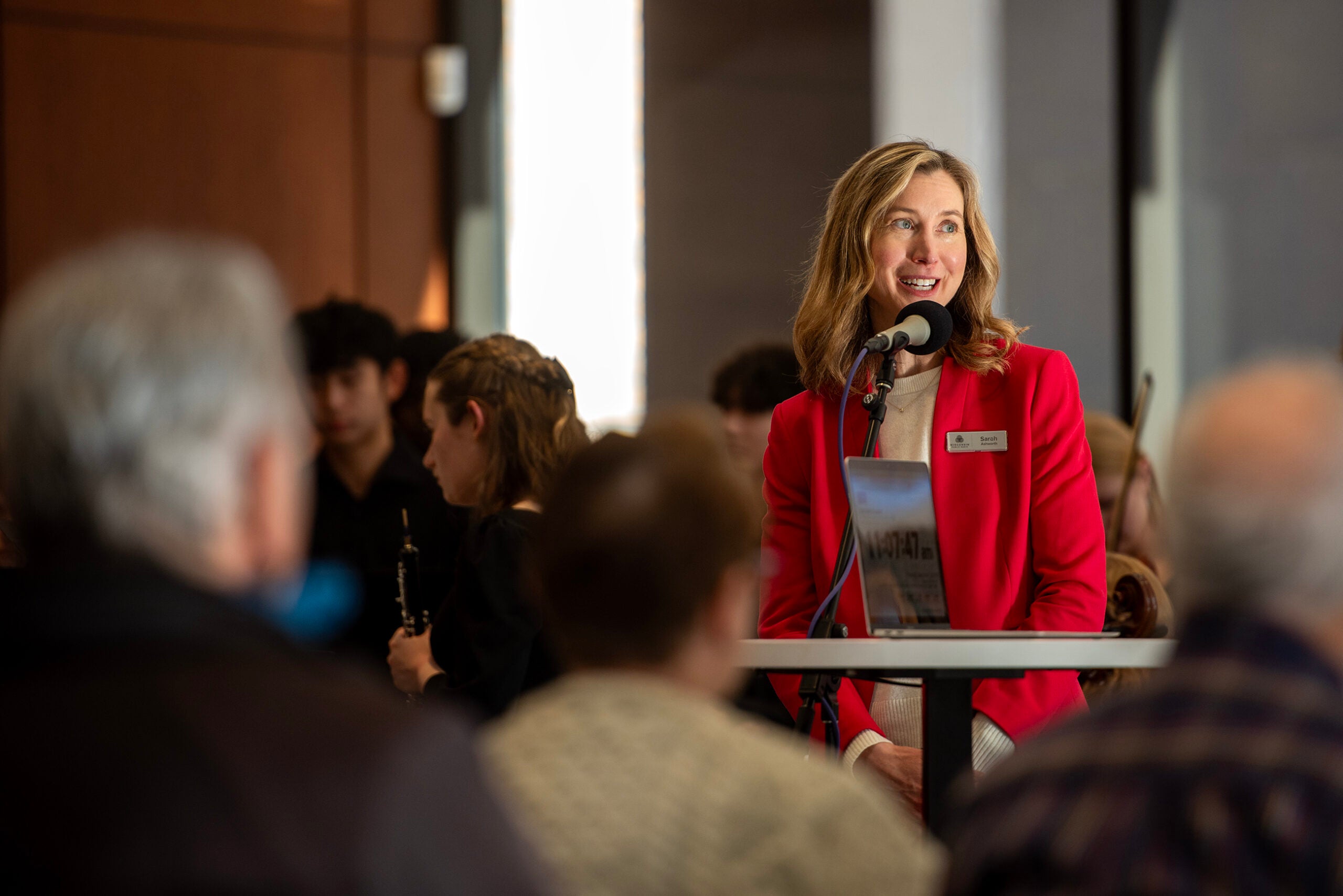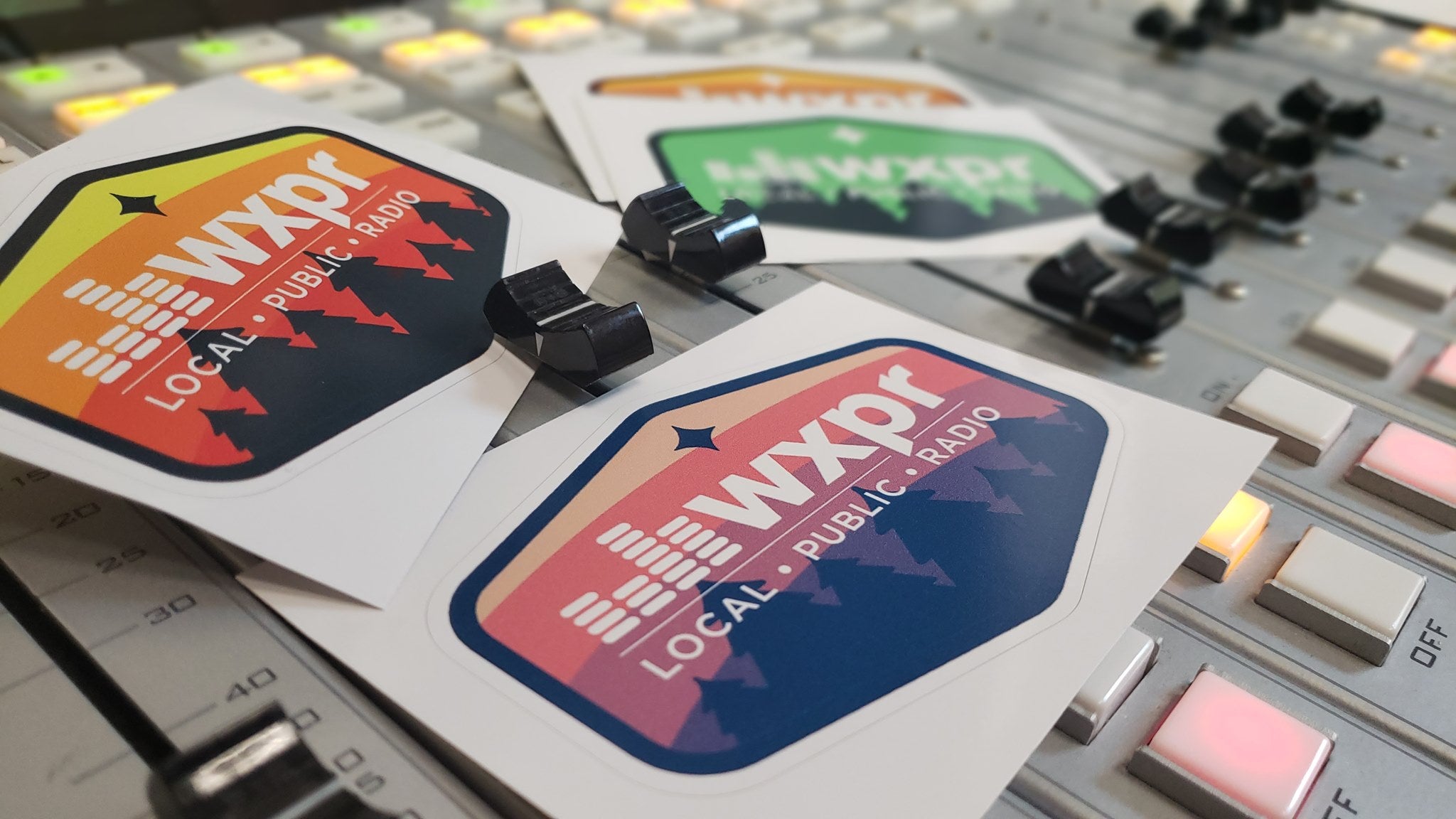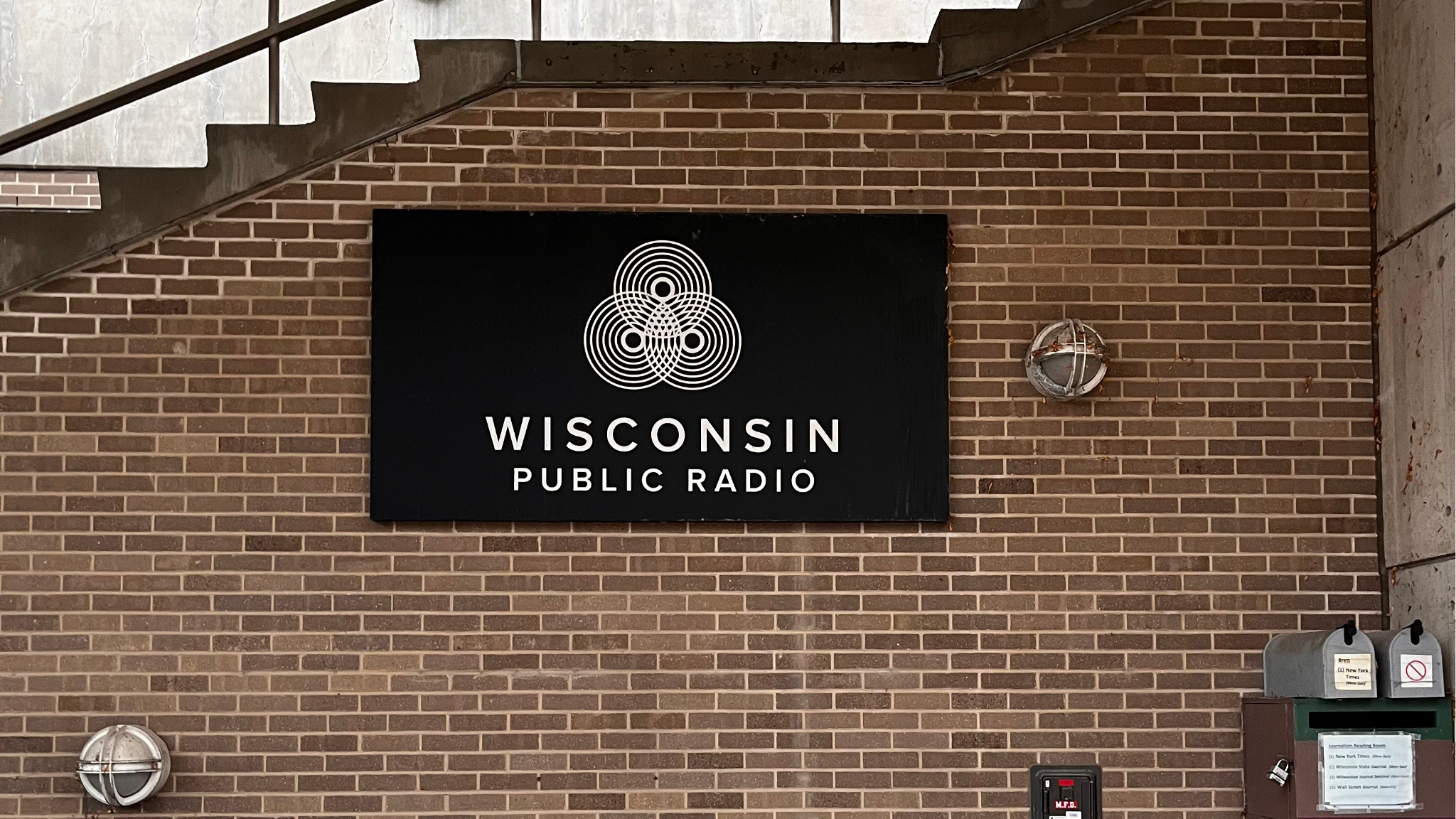The U.S. House of Representatives voted Thursday to pull back about $1.1 billion for public radio and television.
The Corporation for Public Broadcasting, or CPB, is the nonprofit that distributes federal funding to public media outlets around the country.
The $1.1 billion constitutes its total federal funding for the next two years, and had been allocated during Congress’ last budget process.
News with a little more humanity
WPR’s “Wisconsin Today” newsletter keeps you connected to the state you love without feeling overwhelmed. No paywall. No agenda. No corporate filter.
All but four Republicans voted for the funding cut. Every Democrat voted against it. Two Republicans and four Democrats did not vote. The bill now heads to the Senate, which has until July 18 to vote on it.
Local public media uses CPB funding to varying degrees, averaging to 13 percent of their budgets. Because many stations buy syndicated shows from NPR and PBS — constituting about 30 percent of both companies’ revenues— Republicans in Congress argue that CPB funding amounts to the government funding journalism with a liberal bias.
The cut is in a rescission bill, an expedited, president-initiated process to pull back previously allocated funding. It follows an executive order by President Donald Trump to end CPB funding.
“Taxpayers shouldn’t be footing the bill for media outlets. If newspapers and radio/TV stations can survive without federal funding, so can NPR and PBS,” U.S. Rep. Tom Tiffany, a Republican, wrote to WPR after the vote.
Most of the rescission bill passed by the House addressed funding for the USAID foreign aid agency.
Quarter of rural station’s funding comes from CPB
One of the Wisconsin public media organizations potentially affected by cuts is WXPR. The Rhinelander-based station broadcasts local news, music and NPR content in the Northwoods and Michigan’s Upper Peninsula.
The independent station’s CEO, Jessie Dick, said CPB funding accounts for about a quarter of WXPR’s budget.
“There is no doubt that (losing funding) would impact every aspect of our operations — from emergency alerts, to our local news coverage, to our music programming,” she said.
She said it’s hard to predict what those changes will be.
“There’s really not a whole lot we can cut as far as staffing goes,” she said. “We run a pretty lean operation.”
But she said the loss of funding could impact WXPR’s ability to license the music it broadcasts, and its purchases of nationally syndicated shows.
She said her station is more reliant on CPB funding than most because it serves a rural area — qualifying it for additional funding for rural stations.
“It is harder to raise money in rural areas,” she said. “There’s less people, but there’s less businesses to do underwriting. There are less foundations to offer support that way.”

Cuts would have varying effects across the state
In Wisconsin’s largest metropolis, Radio Milwaukee broadcasts mostly music, with a focus on local artists.
According to its executive director, Jordan Lee, CPB funds accounts for less than 10 percent of his station’s budget. But it allows them to broadcast all meetings of Milwaukee Public Schools’ school board.
“Granted, they do broadcast those on the internet as well, but there is a barrier for participation — if you don’t have home internet, if you can’t get to a library,” he said.
He said a funding cut would “create unnecessary strain on our bottom line, and our ability to provide these essential services.”
In Milwaukee, WUWM broadcasts news content including NPR programming. In a statement, president David Lee said, “while efforts to address the federal debt and deficit are important, public media funding represents just 0.01 percent of the annual federal budget and delivers extraordinary value to communities across the nation.”
CPB funding makes up about 6 percent of WUWM’s budget.
Milwaukee PBS declined to comment on potential funding cuts until the rescission bill heads to the Senate. The station received just under $2 million from the CPB in 2024, and over $12 million from other sources.
Jordan Siegler, interim executive director of Wisconsin Public Media, said the organization is “disappointed” about the House vote, but “grateful” for advocacy by supporters of WPR and PBS Wisconsin, which are both part of Wisconsin Public Media.
About 6 percent of WPR’s revenue comes from the CPB.
“We are hopeful that ongoing outreach from our audiences about the importance of public media services in our local communities will have a positive impact on the final outcome of the package,” he wrote.
Editor’s note: This story has been updated to correct the vote count in the House of Representatives.
Disclosure: This story was reported by WPR Reporting Fellow Nick Rommel and edited by WPR Interim Assistant News Director Rob Mentzer. No member of Wisconsin Public Media’s senior leadership reviewed this story before publication.
Wisconsin Public Radio, © Copyright 2026, Board of Regents of the University of Wisconsin System and Wisconsin Educational Communications Board.





